Amendments to the Federal Rules of Civil Procedure will take effect on Dec. 1, 2018, subject to Supreme Court approval and arguably no substantive area of law will be more impacted than federal class action litigation, in particular, the procedures for addressing objections to class settlements.
By Tal J. Lifshitz and Rachel Sullivan
Amendments to the Federal Rules of Civil Procedure will take effect on Dec. 1, 2018, subject to Supreme Court approval and arguably no substantive area of law will be more impacted than federal class action litigation, in particular, the procedures for addressing objections to class settlements.
The Rule 23 subcommittee and advisory committee seek to achieve the following with the amendments:
- Requiring litigants to provide more information regarding proposed settlements to the district court before approving notice of the proposed settlement to the class;
- Clarifying that a decision to send notice of a proposed settlement to the class under Rule 23(e)(1) is not appealable under Rule 23(f);
- Clarifying in Rule 23(c)(2)(B) that the Rule 23(e)(1) notice triggers the opt-out period in Rule 23(b)(3) class actions;
- Updating Rule 23(c)(2) regarding individual notice in Rule 23(b)(3) class actions;
- Establishing procedures to deter frivolous class action objections;
- Refining standards for approval of proposed settlements; and
- Adopting a DOJ proposal to include in Rule 23(f) a 45-day period in which to seek permission for an interlocutory appeal when the United States is a party.
The amendments reflect a well-timed effort by the subcommittee and advisory committee to bring Rule 23 into the 21st century by, among other things, making better use of technology for notice, formalizing the preliminary approval process for uniformity and addressing the increase in objections from “professional” or “serial” objectors.
Regarding objectors in particular, the proposed amended Rule 23 language would provide as follows:
Rule 23(e)(5) (Settlement, Voluntary Dismissal or Compromise — Class-Member Objections)
- In General. Any class member may object to the proposal if it requires court approval under [amended Rule 23(e)]. The objection must state whether it applies only to the objector, to a specific subset of the class, or to the entire class and also state with specificity the grounds for the objection.
- Court Approval Requirement for Payment in Connection with an Objection.Unless approved by the court after a hearing, no payment or other consideration may be provided in connection with:
- Forgoing or withdrawing an objection, or
- Forgoing, dismissing, or abandoning an appeal from a judgment approving the proposal.
In connection with the newly proposed Rule 23(e)(5)(B), the advisory committee explained that “good faith objections can assist the court in evaluating a proposal under Rule 23(e)(2). … But some objectors may be seeking only personal gain, and using objections to obtain benefits for themselves rather than assisting in the settlement-review process. At least in some instances, it seems that objectors — or their counsel — have sought to obtain consideration for withdrawing their objections or dismissing appeals from judgment approving class settlements. And class counsel sometimes may feel that avoiding the delay produced by an appeal justifies providing payment or other consideration to these objectors. Although the payment may advance class interests in a particular case, allowing payment perpetuates a system that can encourage objections advanced for improper purposes.”
These changes address increasing concern among federal district courts about the rising influence of these objectors. See, e.g., In re Whirlpool Front–Loading Washer Products Liability Litigation, 2016 WL 5338012, at *21 (N.D. Ohio Sept. 23, 2016) (“In nearly every class action settlement today, professional objectors file objections (often frivolous ones) simply in order to obtain standing to appeal the district court’s final approval order.”); In re Checking Account Overdraft Litigation, 830 F. Supp. 2d 1330, 1362 (S.D. Fla. 2011) (overruling objections brought by professional objectors … “whose sole purpose is to obtain a fee by objecting to whatever aspects of the settlement they can latch onto.”). As one court observed, although objections are legitimate in a “small fraction” of cases, “the vast majority have nothing to do with the merits of the actual settlement but are motivated by attorneys attempting to extort a payout from class counsel.” Omnibus Order Granting Approval of Class Action Settlement, [D.E. 407], Bowe v. Public Storage, No. 14-cv-21559 (S.D. Fla.), at 32.
The new amendments to Rule 23, once effective, will require serial objectors to articulate the basis for their objections with particularity; and justify any payments offered to them in exchange for withdrawing or foregoing an objection to federal judges who will consider their intent and motives. These requirements should reduce the number of frivolous objections allowed to hold up class action settlements, and deter objectors with ulterior and personal financial motives from delaying the distribution of valuable relief to injured class members.
More information on the proposed amendments available at: http://www.uscourts.gov/rules-policies/pending-rules-and-forms-amendments.
Tal J. Lifshitz is an attorney in KozyakTropin Throckmorton’s complex litigation department. Contact him at tjl@kttlaw.com. Rachel Sullivan is an attorney and of counsel to the complex litigation department at the Coral Gables law firm. Contact her at rs@kttlaw.com.
Click here for the original article.




